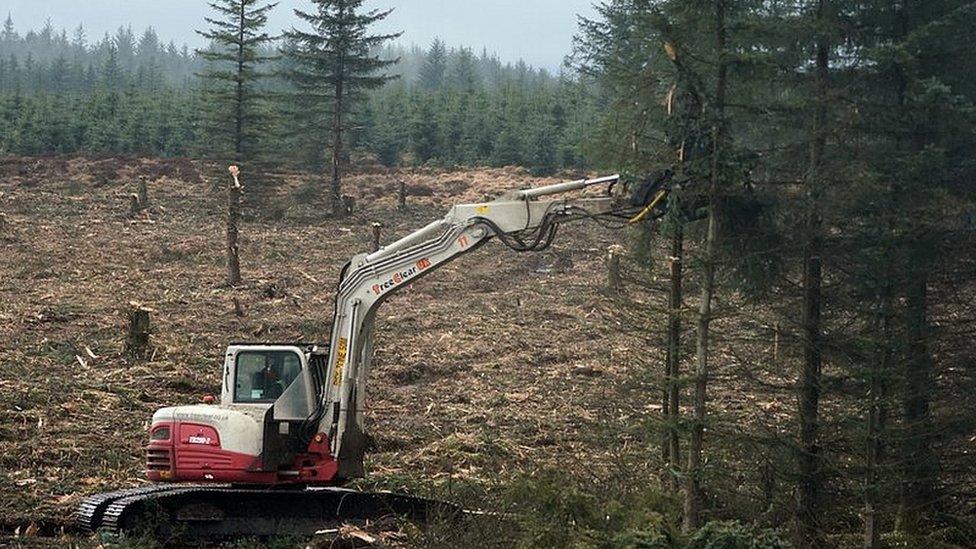Wildlife trusts urge peat products ban
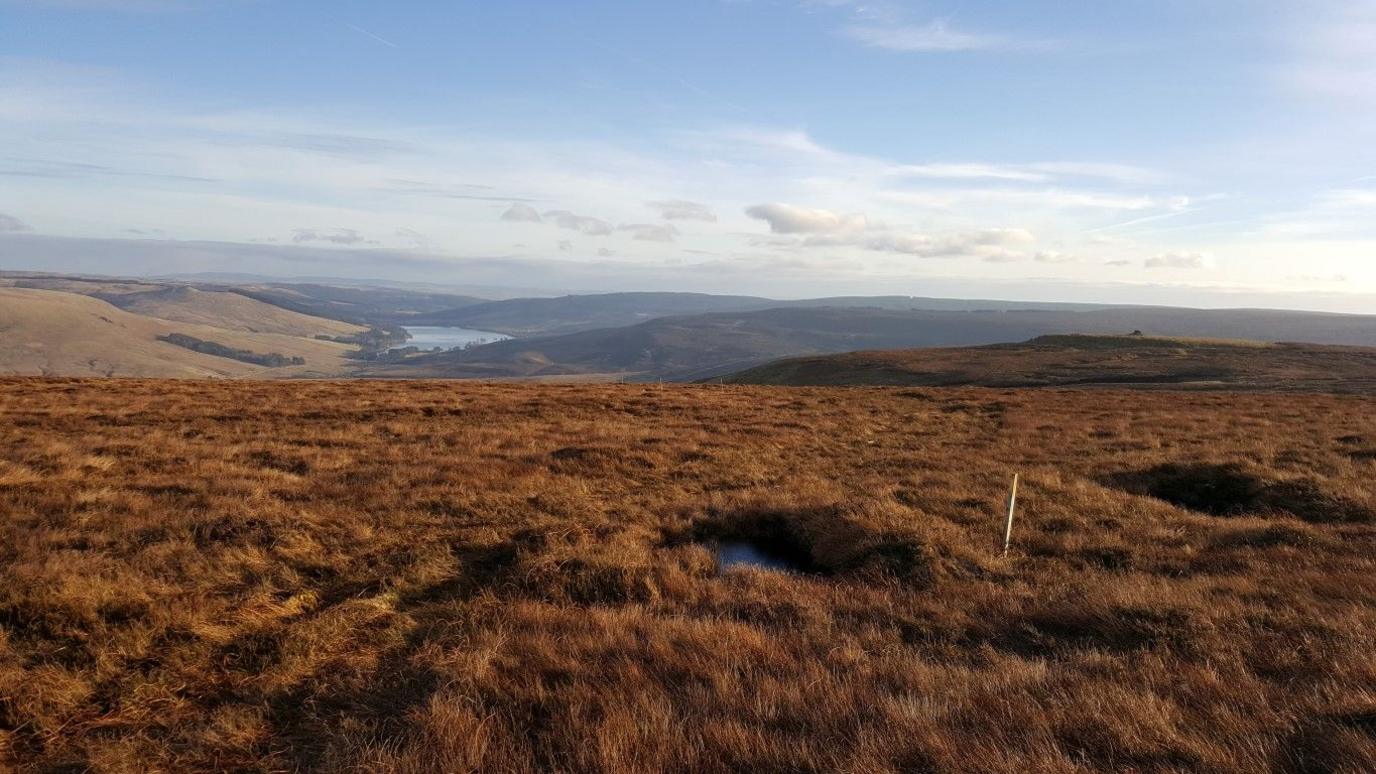
Whitelee Moor is important for conservation due to its active blanket bog and heather heaths
- Published
A conservation organisation is urging the government keep a promise to ban the sale of peat products.
Northumberland Wildlife Trust, together with 45 other trusts, says the Horticultural Peat private member's bill being debated in the House of Commons is a last chance to pass legislation before the general election.
Sales of peat compost remains legal in the UK, which the charity argues contributes to the destruction of habits.
The government said it was consulting with industry to move to "peat-free working".
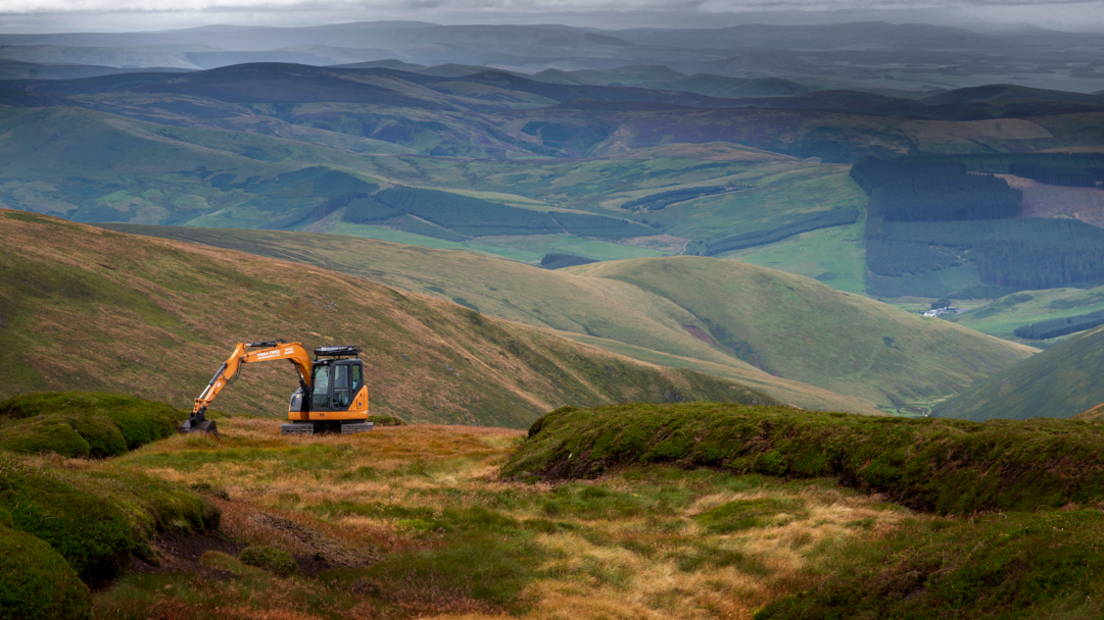
Northumberland Peat Partnership is surveying, mapping and restoring vast areas of peatlands
The sale of bagged compost, external accounts for 70% of the peat sold in the UK and, once extracted, the carbon inside the bag is released as carbon dioxide, contributing to climate change.
In 2022 the government announced the sale of horticultural peat, external would be banned "to protect England's precious peatlands."
Alison Steadman, actor and ambassador for The Wildlife Trusts, said: “Peat belongs in bogs not bags and it's high time that commitments to ensure a ban are honoured."
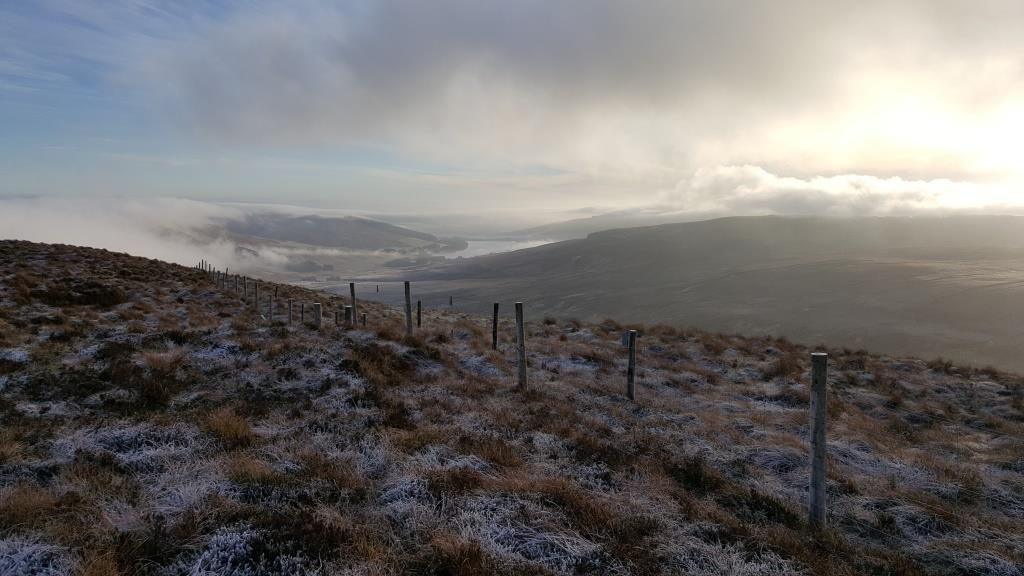
One of the most extensive areas of peatland in Northumberland extend up from Catleugh Reservoir close to the Scottish border
Northumberland has more than 140,000 hectares of peat bog which store millions of tonnes of carbon.
An organisation called the Northumberland Peat Partnership , external (NPP) is surveying, mapping and restoring them.
In some areas trees have been felled to allow bogs to recover and new peat to grow.
Duncan Hutt, Northumberland Wildlife Trust director of conservation said: “When in a healthy state, peatlands such as the Border Mires in Northumberland lock up and store carbon for millennia, alleviate flooding and help wildlife."
"However, decades of human intervention mean emissions from degraded peatlands account for 4% of the UK’s total annual greenhouse gas emissions. It must stop."
Defra said it was committed to ending the use of horticultural peat and agreed there are "many" peat-free alternatives on the market.
A spokesperson said: “Since we set out our proposals to ban the sale of peat in 2022 we have seen a 59% reduction in peat use across the country, and have worked extensively with industry to move towards a full transition to peat-free working.”
Follow BBC North East on X (formerly Twitter), external, Facebook, external and Instagram, external. Send your story ideas to northeastandcumbria@bbc.co.uk.
More stories from BBC North East and Cumbria
- Published11 April 2024
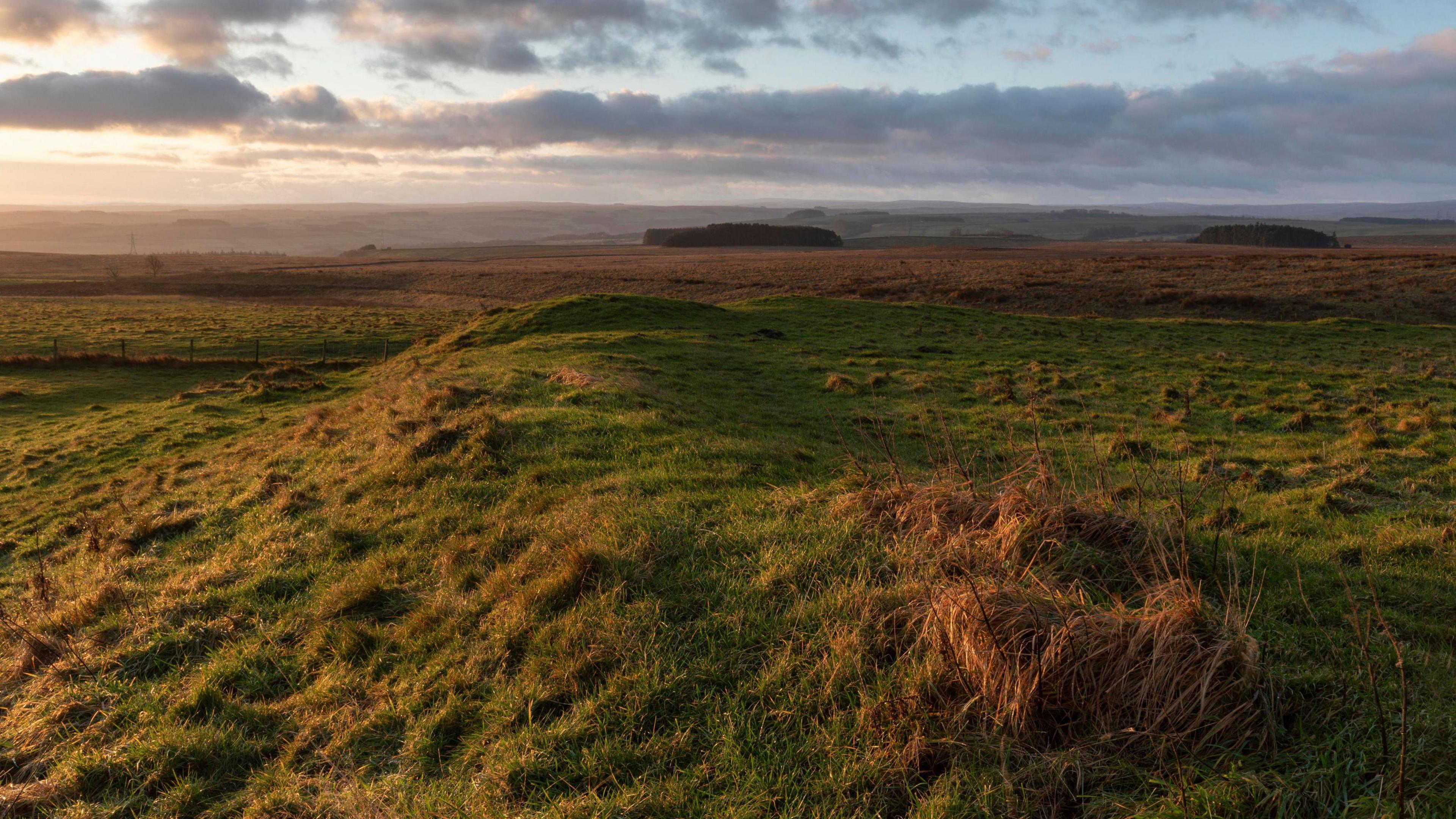
- Published23 January 2022
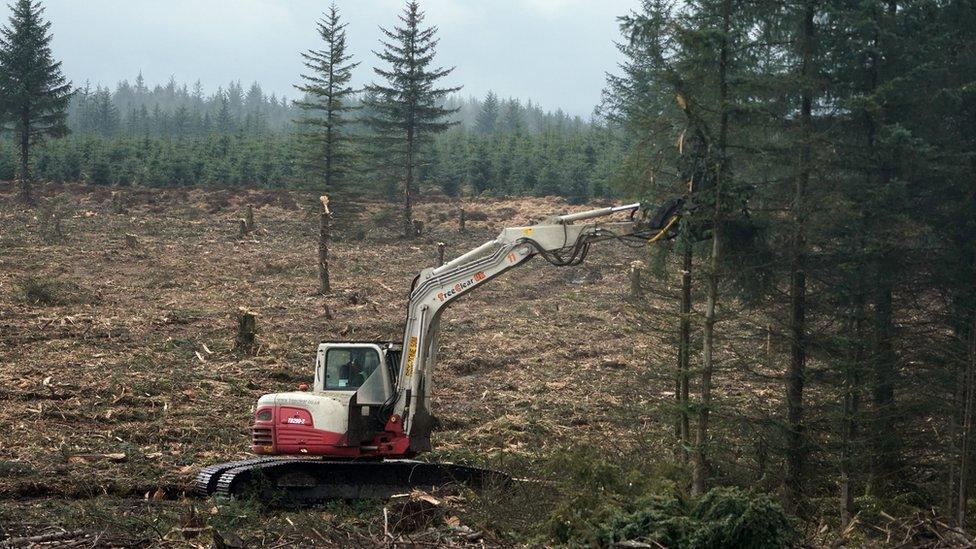
- Published9 March 2021
